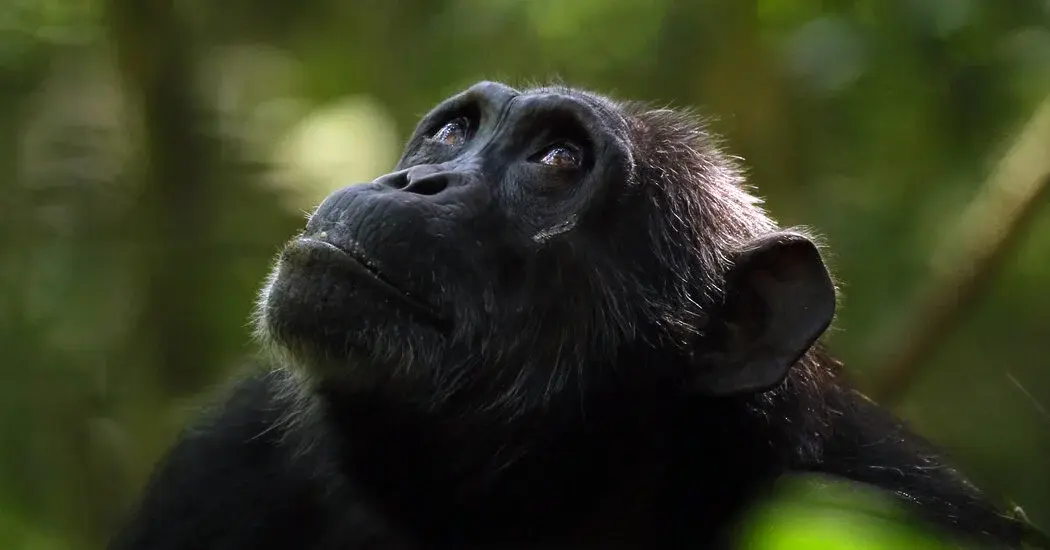It is not obvious why selection should favor menopause or the continued survival of individuals that can no longer reproduce. The famous Grandmother Hypothesis had been used to explain the evolutionary significance of menopause. A new study conducted on the Ngogo chimpanzees community of wild chimpanzees in Uganda challenges this hypothesis. Science 27 Oct 2023 Vol 382, Issue 6669 DOI: 10.1126/science.add547



A related link was posted in this comm not too long ago.. It tries to address why female chimps would live past reproductive age, to begin with.
The catch here is that adult male chimps stay in the clan of their parents, while the female ones migrate to other clans. And this creates an asymmetry between old vs. newer adult females in the same clan:
In situations where food is short, it’s advantageous for the clan to have less children: every new child spreads the food resources thinner, and puts at risk the lives of the other children. But that pressure to stop having children only affects the older female, because it puts at risk the lives of her grandchildren; for the newer females it’s more like “why would I stop having children? For the sake of my in-laws? Screw them!”.
Evolution solved this through menopause; you got the older females still alive, gathering resources, and taking care of the children of the clan, but they aren’t bearing new children.
I think there is a much simpler explanation: childbearing is an extra effort for the organism, having the highest success rate with individuals in peak physical shape, so in order to maximize the number of food gatherers for the group, it makes sense to prevent older individuals from being exposed to the risk at all, and shutting down the whole mechanism further reduces their energy requirements.
The process only makes sense in species where individuals can live and contribute to a group long enough after the childbearing risk has reached some threshold. Also meaning, the longer and “more expensive” the pregnancy, the earlier that threshold might be reached.
Otherwise, if they don’t live in a group, and/or their average lifespan is not long enough, and/or the pregnancy is relatively short and inexpensive, the evolutionarily beneficial process is to keep trying to reproduce until the effort is too much and the individual dies, stopping to compete for resources.